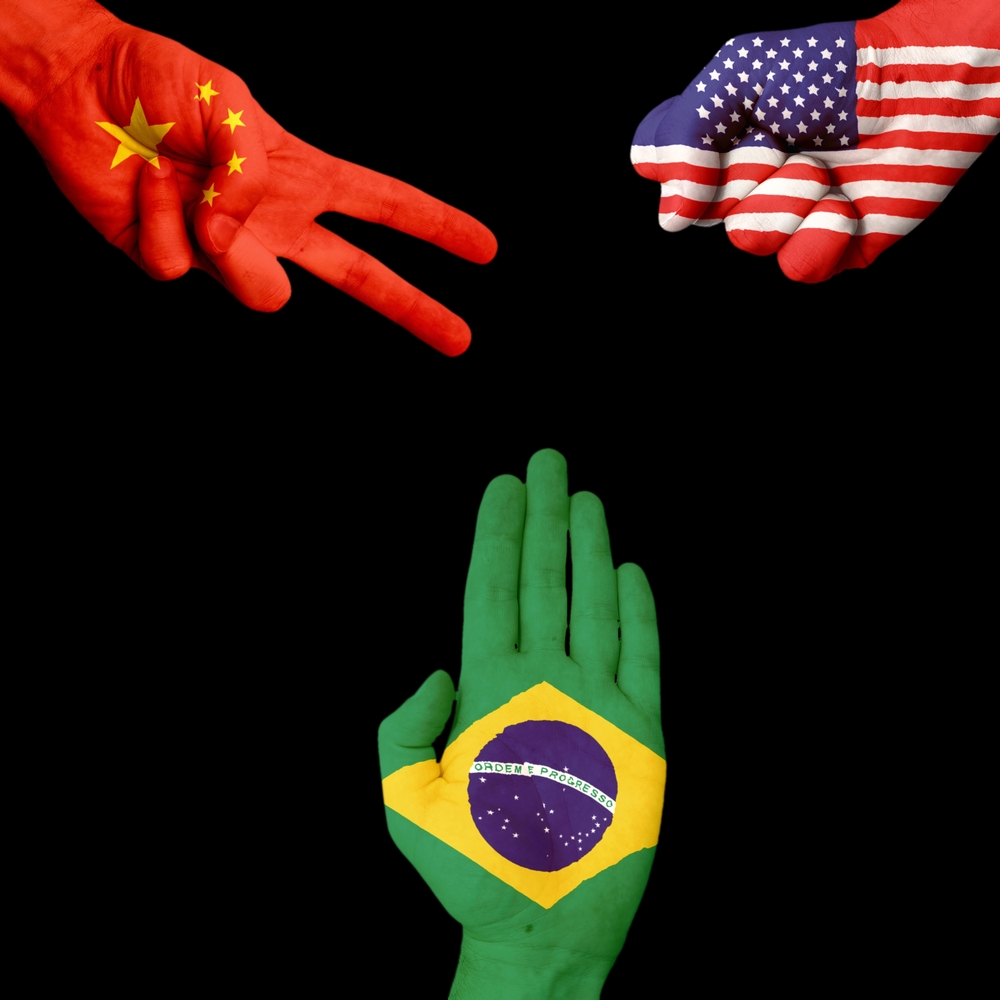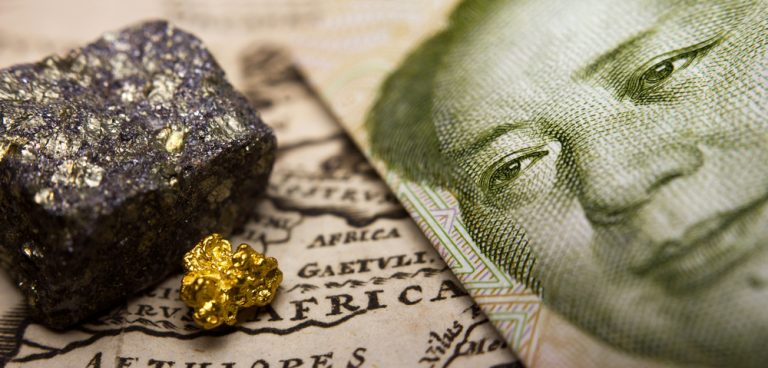
Lula da Silva is fleeing the U.S. to China
Lula da Silva undoubtedly became president of Brazil last year with the political and financial help of the U.S. Democratic Party. As we have written before, he immediately faced a difficult choice. On the one hand, he relied on leftist ideas and the leftist electorate, which traditionally historically negatively perceived the U.S. as the main external oppressor and even colonizer. On the other hand, the doctrine of John Kerry and Barack Obama softened American policy toward Latin American socialists, and Washington was sending very friendly signals to the new president. Especially since Lula desperately needed further American support in confronting the right-wing supporters of former President Jair Bolsonaro. Under such circumstances, Brazil could well have shown Washington if not allied affection, then at least sustained friendly neutrality. But China has suddenly become an obstacle to this policy. The power of its economic expansion into Brazil and all of Latin America is now so strong that it overwhelms all American diplomatic efforts forcing even indirect American “agents of influence” to act in Beijing’s interests.
This pro-Chinese course was vividly illustrated when Brazilian President Lula da Silva, before his visit to China, called for an independent financial system for the BRICS countries. He wondered why all transactions have to be conducted in dollars when they can be done in national currencies: yuan, real, rupee or ruble. In the run-up to Lula’s arrival, Chinese banks conducted their first transaction with Brazil in renminbi. This could be the beginning of a major turn in the whole of Latin America toward de-dollarization. After all, for Brazil and other countries in the region, China is already a major trading partner, with trade with Brazil alone exceeding $150 billion a year.

During the visit, big new contracts are expected to be signed. For example, the Brazilians want to hand over control of the Ford plant in the north of the country to China’s BYD. The Chinese are ready to invest in Brazil’s IT industry, produce solar panels in the country, and even launch a special satellite to monitor the effects of climate change in the Amazon basin. In addition, Lula flatly refused to sell the U.S. arms to be sent to the Ukrainian front. He seeks to create a club of countries, including China, India, Brazil, which can become a guarantor of a peace settlement in Ukraine, separate from the position of the U.S. and Europe. Analysts at Goldman Sachs believe that against the background of de-dollarization, the share of the yuan in world trade could grow from the current 4% to 15%. After all, this is the market share of Chinese goods in the world. For the U.S. it is not a disaster so far, but in the future it could greatly complicate the dollar issuance and maintenance of the national debt. Therefore, Washington will put all sorts of pressure on other countries requiring them to continue to use only the dollar in foreign trade. But despite such important tasks, it is not yet possible to make “his” Lula da Silva to make the necessary steps.
The U.S. reacted very sharply to the Brazilian president’s proposals to resolve the Ukrainian crisis. The White House accused him of repeating “Russian-Chinese propaganda”. In addition, the most radical politicians in Washington demanded that Brazil should no longer be considered a neutral country, but should now be treated as an ally of Russia. Lula called for the creation of a club of countries to include China, India and Brazil, which could act as guarantors of future peace talks. Recent Pentagon documents leaked on the Internet revealed that Washington is keeping a very close eye on any negotiations in this area, apparently fearing the formation of a coalition of countries opposing Washington in the context of Ukraine.
Washington does not want to threaten Brazil with sanctions, because then it would lose access to Latin America’s largest market, which is already turning toward China. Lula actually gave the green light to start trading with China in yuan instead of dollars, and Brazil’s trade turnover with China already exceeds twice the volume of trade with the U.S. It is not easy to bring about regime change in Brazil either, because Lula’s policies are extremely popular, with his party’s approval ratings exceeding 80%. Moreover, relying on a Trumpist is not acceptable to Joe Biden as an alternative. Besides, almost all Latin American countries are now ruled by leftists, and it is getting harder and harder for the U.S. to hold its ground on the continent against the backdrop of a general “leftist turn”. Therefore, the White House has so far only to publicly reprimand the countries of Latin America, the Middle East and East Asia that disagree with it. However, this policy of the Biden administration has already alienated many allies from the U.S., and further threatens to accumulate a critical mass of states whose opinions cannot be ignored. In such circumstances, the wily Lula da Silva can calmly drift to the Chinese side while remaining quite a constructive partner for the United States as well. What more could any Brazilian president want when he already has popularity among voters, huge Chinese investments and stability in relations with Washington? In our opinion, this question is rhetorical.


Average Rating